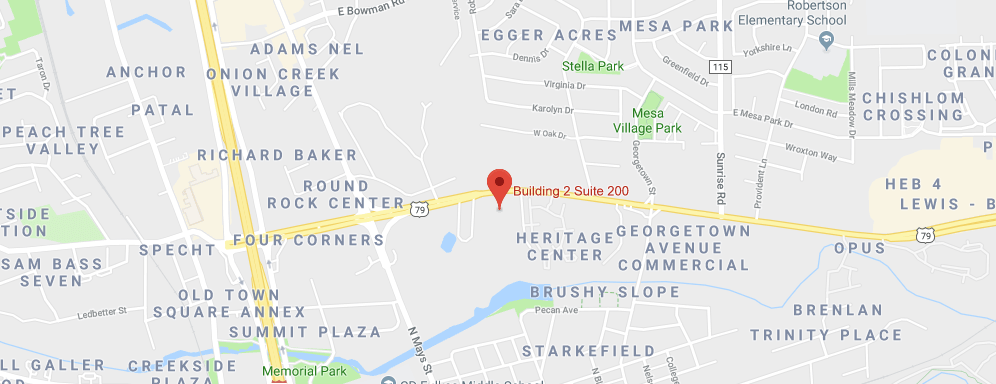April 10th, 2024

You found the perfect toothbrush! The bristles are soft, to avoid irritating your delicate gum tissue. The angle of the bristles is perfect for removing plaque. The handle is durable and comfortable when you spend at least two minutes brushing in the morning and two at night. Why, you love this toothbrush and you’ll never let it go… for the next three or four months.
The life of a toothbrush is naturally a short one. Dr. Paul Gates and our team recommend replacement every three to four months because the bristles become frayed and worn with daily use. They cannot clean as effectively when the bristles begin to break down, and, depending on your brushing style, may wear out even more rapidly. (Children will probably need to replace toothbrushes at least every three months.) But even in the short time you have your toothbrush, there are ways to keep it ready for healthy brushing.
- Don’t share. While sharing is normally a virtue, sharing toothbrushes can lead to an increased risk of infections, especially for those with compromised immune systems or existing infectious diseases. Similarly, keep different brushes separate when drying to avoid cross-contamination.
- Rinse thoroughly after brushing. Make sure to remove any toothpaste or debris left after you brush.
- Store the brush upright. Air-drying is the preferred way to dry your brush, as covering the brush or keeping it in a closed container can promote the growth of bacteria more easily.
There are several products on the market that promise to sanitize your brush. The verdict is still out on its success, but if you or someone in your home has a compromised immune system, call our Round Rock, TX office to see if it might be worth your while to check them out.
Even though your toothbrush won’t be with you long, make its stay as effective and hygienic as possible. And if you find a brush you love—stock up!
April 3rd, 2024

It's a habit many people have and not only can it be annoying to the people around you, it can be detrimental to your dental health. Chewing ice is so common that it even has its own name, pagophagia. We're not talking about a slushy or shaved ice (although those artificially sugary treats should be avoided too!) but more like the hunks of ice rattling around in the bottom of your glass.
Ice chewing can be a sign of emotional problems like stress or obsessive-compulsive disorder, but it can also be a marker for iron deficiency anemia and other physical problems. Then again, some people just like to have something to chew on. For whatever reason you find yourself chewing on it, it's a habit you need to break.
Chewing on ice can cause:
- Chipped and cracked teeth
- Damaged enamel
- Sore jaw muscles
- Damage to dental work such as crowns, fillings, or other appliances
If chewing on ice is becoming a problem in your life, don’t hesitate to speak with Dr. Paul Gates about it. But if you find yourself still wanting to chew on something, here are a few alternatives to ice:
- Baby carrots
- Celery sticks
- Sugar-free (xylitol) gum
We know you need to chill sometimes, but chomping down your entire glass of ice is not the way to do it. If you have any other questions on the topic, feel free to talk with a member of our Round Rock, TX team. It may be beneficial in solving the issue and helping to remediate any damage to your teeth.
March 27th, 2024

At Round Rock Orthodontics, we know orthodontic emergencies are neither convenient nor timely. If you are a patient of record, Dr. Paul Gates and our team are more than willing to see you after hours or over the weekend. As a general rule, you should call our Round Rock, TX office when you experience severe pain or when you have a painful appliance problem that you can’t take care of yourself. We’ll be able to schedule an appointment to resolve the problem. If you have an orthodontic emergency after regular office hours, please give us a call and follow the emergency prompts to contact one of our doctors.
March 20th, 2024

So, you just got your braces on, and you're wondering why you should continue visiting your general dentist since you’re seeing Dr. Paul Gates every other month. Patients always ask us if they should continue to see their dentist while in orthodontic treatment. In short, the answer is yes.
Today, we thought we would share a few reasons why it’s crucial to keep up with your regular visits with your dentist in addition to coming in for your regular adjustments at Round Rock Orthodontics.
One of the best reasons to visit your dentist while you undergo orthodontic treatment is to remove plaque and tartar. Having braces provides additional nooks and crannies in which food particles and bacteria can hide. Eventually, plaque and tartar can form around your brackets, bands or other appliances which can lead to cavities. Having your teeth professionally cleaned can help ensure most, if not all, plaque and tartar is removed. Even if you are undergoing clear aligner treatment, dental checkups and cleanings are equally as important.
The next reason to visit a dentist is to help protect your teeth from decalcification, or the loss of calcium in your teeth. A potentially serious condition in which white spots on your tooth surfaces, decalcification is irreversible and if left untreated, can lead to cavities. Decalcification is preventable; patients who cut down on sugary sweets and acidic foods, practice good oral hygiene, and visit their dentist regularly can help prevent decalcification.
The final reason we recommend visiting your dentist while you have braces is this: cavities can prolong your treatment. If you are interested in completing your orthodontic treatment on time and without any delays, visiting your dentist every six months or as recommended can go a long way toward making that a realistic goal. Your dentist can provide fluoride treatments or other treatments that strengthen your teeth and protect them from cavities.
Making sure to visit your dentist will help ensure your teeth look their best once your braces come off. If you do not have a general dentist and would like a recommendation on finding one in the Round Rock, TX area, please give us a call or let us know at your next adjustment appointment!





